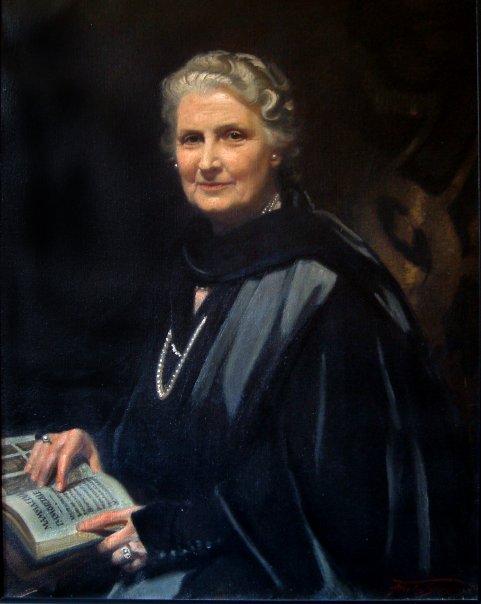
Dr. Maria Montessori,
medical doctor and educator, made the child not only visible but central in her
development of a method which evokes and strengthens the child’s highest
potential. Every child moves through successive phases of physical and mental
development, identified by Dr. Montessori as “sensitive periods.”
According to Montessori, each child has an inner-guide that leads them
to the work in the classroom that they most need at that moment to further
their own development. “The guide exists within them from the first
moment. To care for, and keep awake, the guide within every child is a matter
of the first importance”. Key to the Montessori approach is respect of
the interests of the child to allow them to choose the work they are most
interested in and provide the opportunity to explore materials at their own
pace with guidance and support from the teachers.
Deeply rooted in
Montessori education is the importance of helping children to build confidence
and develop a sense of independence and self-motivation both within the
classroom as well as in their lives outside of school. This approach has been
successful for over 100 years because it encourages and draws its principles
from the natural development of the child regardless of his/her level of
ability and learning style or pace. Montessori children grow to be kind,
responsible, patient, cooperative, eager to problem solve, self-motivate and
with a love of learning.